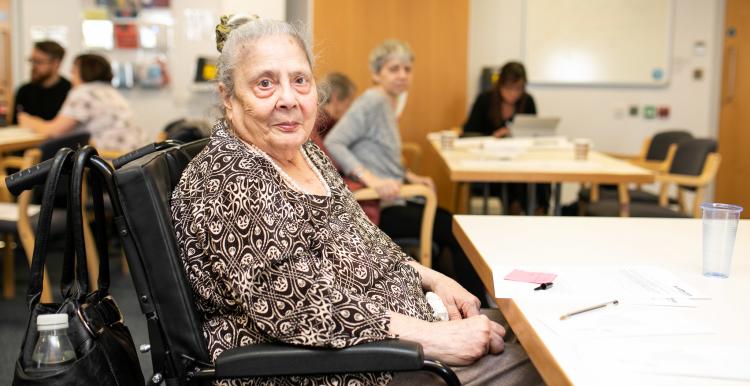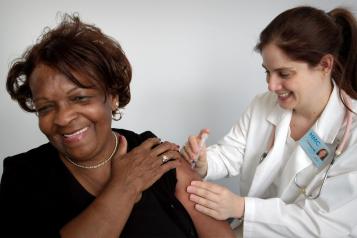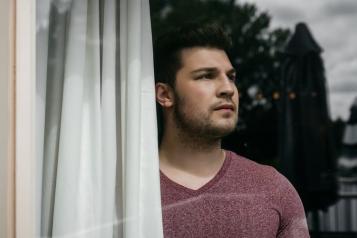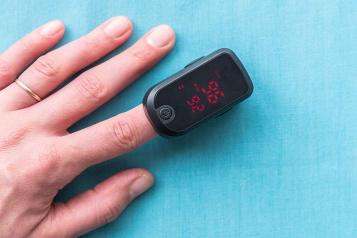Coronavirus: changes to shielding

Last updated October 19 2020
Changes to shielding advice - October 13
From October 13 2020, clinically extremely vulnerable people in England will receive new guidance to help them reduce their risk from coronavirus, tailored to the risk of their local area.
A Very High COVID-19 alert level does not mean you have to shield. Shielding is considered as an additional intervention agreed by ministers under advice from local public health experts and the Chief Medical Officer or Deputy Chief Medical Officer.
The Government will write to people at the highest risk of serious illness in areas of very high infection rates if they are advised to adopt formal shielding again.
Advice based on the COVID-19 alert levels
The advice for the clinical extremely vulnerable set out in the Local COVID-19 Alert Levels framework includes:
- MEDIUM
Strictly observe social distancing, meet others outside where possible, limit unnecessary journeys on public transport and work from home where possible, but you can still go to work and children should still attend school.
This is on top of restrictions for everyone to only meet in groups of up to six people. - HIGH
Reduce the number of different people met outside, avoid travel except for essential journeys, work from home where possible and reduce the number of shopping trips made or go at quieter times of the day. You can still go to work if you cannot work from home because all workplaces should be COVID-19 secure, and children should still attend school.
This is on top of restrictions for everyone to not meet other households indoors, unless part of a support bubble, and to only meet in groups of up to six people outdoors. - VERY HIGH
Work from home, in general stay at home as much as possible, and avoid all but essential travel. You should significantly reduce shopping trips, and if possible use online delivery or ask people in your household, support bubble or volunteers to collect food and medicines. People in these areas are encouraged to still go outside for exercise, and can still go to school and to work if they cannot work from home. It's recognised that a small number of individuals may require additional support to follow the guidance at this alert level, and they are advised to contact their local authority if they need assistance.
What support will I be able to access as a 'clinically extremely vulnerable person'?
You will still be able to get:
- local volunteer support by contacting your local authority
- prescriptions, essential items and food you buy delivered by NHS Volunteer Responders
- priority slots for supermarket deliveries (if you previously registered for free food parcels)
Am I still classed as ‘clinically extremely vulnerable?
Yes. The categorisation of ‘clinically extremely vulnerable’ will remain in place and people in this group should continue to follow their specific guidance specific, available here.
You should have been written to about these changes. If you haven’t been contacted, please contact your GP.
Will I be told to shield again?
There will not be national advice to shield but people in exceptionally high-risk areas may still be advised to adopt formal shielding in the future. This includes:
- advise to stay at home, not go to work or school
- limit social interactions to their own household and support bubble.
If shielding advice is reintroduced in their area, people who are shielding will be eligible for a support package. This includes:
- food access support
- medicine deliveries
- any additional care or support required
People who are shielding may also be eligible for Statutory Sick Pay or Employment and Support Allowance.
Shielding guidance has been and continues to be advisory.
Why is the advice changing?
As the rate of infection has increased, the restrictions that have been introduced are designed to protect people while enabling them to carry on with their lives.
Speak to a member of the team
If you have any questions or concerns, please get in touch with a member of the team and we will be happy to help.
01942 834666


